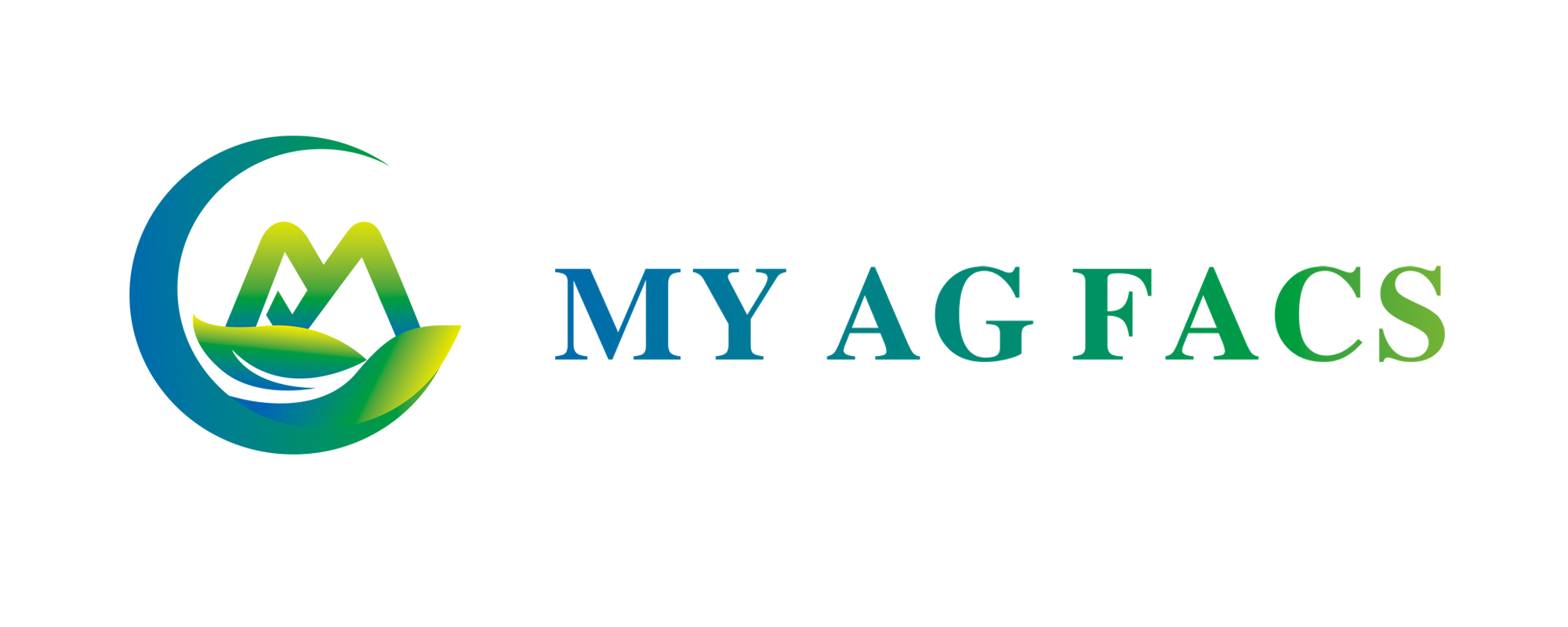
PVC water hoses are commonly used in a variety of applications, including for irrigation, gardening, and as a general-purpose water hose. As such, any news related to the industries that use these hoses may indirectly impact the demand for PVC water hoses.
Disadvantages of PVC Water Hoses:
While PVC water hoses are popular due to their affordability, flexibility, and resistance to abrasion and corrosion, there are some disadvantages associated with their use. These include: Environmental concerns: PVC is a type of plastic that is not biodegradable and can release harmful chemicals when burned. This means that PVC water hoses can contribute to pollution and should be disposed of properly. Low-temperature resistance: PVC water hoses are not recommended for use in very cold temperatures, as they can become brittle and crack. This can lead to leaks and water damage.
Susceptibility to kinking:
PVC water hoses are not as resistant to kinking as other materials, such as rubber. This can lead to reduced water flow and can be frustrating for users. Limited durability: While PVC water hoses are resistant to abrasion and corrosion, they are not as durable as other materials. With prolonged use, they can become cracked or punctured, which can lead to leaks and reduced functionality. Overall, PVC water hoses are a popular and affordable choice for many applications, but they do have some limitations that should be considered before use.